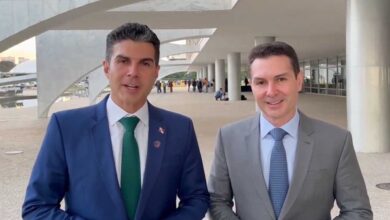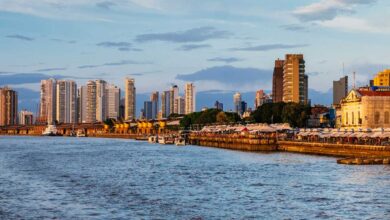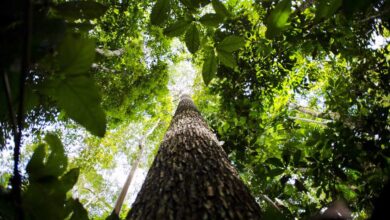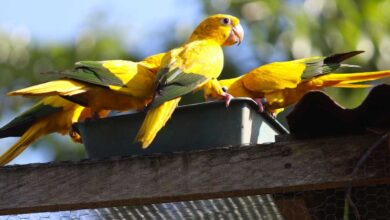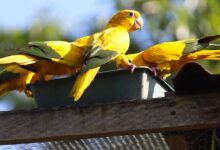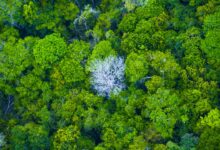
Ideflor-Bio and University of Paraíba have a biospeleological expedition in the Xingu
The Institute for Forestry and Biodiversity Development (Ideflor-Bio), in partnership with the State University of Paraíba (UFPB), carried out the 1st biospeleological expedition of the PAT Xingu/Projeto Pró-Espécies. The action aimed to confirm the presence of Troglobius brasiliensis in caves in the municipalities of Altamira, Medicilândia and Brasil Novo, in southwest Pará. The species belongs to the cave fauna, in the category of ‘critically endangered’ of extinction, and is the target of the Action Plan for the Conservation of Species Threatened with Extinction of the Xingu Territory – PAT Xingu.

Two researchers from UEPB, a technician from Ideflor-Bio and a consultant from Pat Xingu participated in the expedition. The Pró-species Project is a national strategy for the conservation of endangered species, coordinated by the Ministry of the Environment (MMA) and financed by the Global Environment Facility – GEF, the implementing agency of the project is the Brazilian Fund for Biodiversity (FUNBIO) and WWF-Brasil is the executing agency of Pro-Pará, through Ideflor-Bio, is one of the States selected in Brazil to implement in its territory the Action Plan for the Territorial Conservation of the Xingu Territory and the Meio Norte Territory (the latter being, together with the states of Maranhão and Tocantins).
Nívia Pereira, technician in Environmental Management at Ideflor-Bio and executive coordinator of PAT Xingu highlighted the importance of the research to obtain accurate information on species in danger of extinction.

The Limoeiro cave is located inside a private property, belonging to the couple Vilmar Trevisan and Rosane Gotardo, who received and supported the UEPB and Pat Xingu team. “It’s important to preserve something so rare, so we thought about making the necessary partnerships to sustainably conserve all this resource and its biodiversity”, said Vilmar Trevisan.
Renata Emin, advisor to Pat Xingu, reinforces that one of the biggest threats to the species is the lack of scientific data about it, and therefore, filling gaps in knowledge is essential to contribute positively in the processes of evaluating the fauna and preparing lists of species threatened with regional and national extinction, in addition to subsidizing the development of more appropriate conservation actions for the species.

pedition was to ratify the occurrence of the species Troglobius brasiliensis in the Limoeiro cave in Medicilândia, since the only existing record of the species is dated by a collection that took place in 1995, as well as to verify if there is a possibility of the species occurring also in other underground cavities that have physical, chemical, biological and/or anthropological peculiarities in the vicinity of the PAT Xingu target area, said the executive coordinator”, said Nívia Pereira.

Researcher from (UEPB), Douglas Zeppelini stated that the expedition was useful for obtaining important information, previously ignored, in addition to confirming the occurrence of the species in the lemon tree cave. “Among the most relevant data from the expedition, we can highlight the fact that the species Troglobius brasiliensis is restricted to the Limoeiro cave. It is also important to point out that for the first time the habitat of the species was characterized, which can be found on rocks and clean walls, but never in guano deposits. Considering that bat guano is the main energy resource of the Limoeiro cave, since the source of the river is inside the cave and does not contribute with organic detritus, it is unexpected to find that the species effectively avoids guano deposits.

The director of Management and Monitoring of Conservation Units (DGMUC/Ideflor-Bio), Socorro Almeida, emphasized that the expedition was a success. “The researchers were able to confirm the species in the Limoeiro cave, including the first photo of Troglobius brasiliensis, which was taken through this expedition. I think that now we can demand efforts to conserve this endangered species in a more timely manner”, reinforced the director.
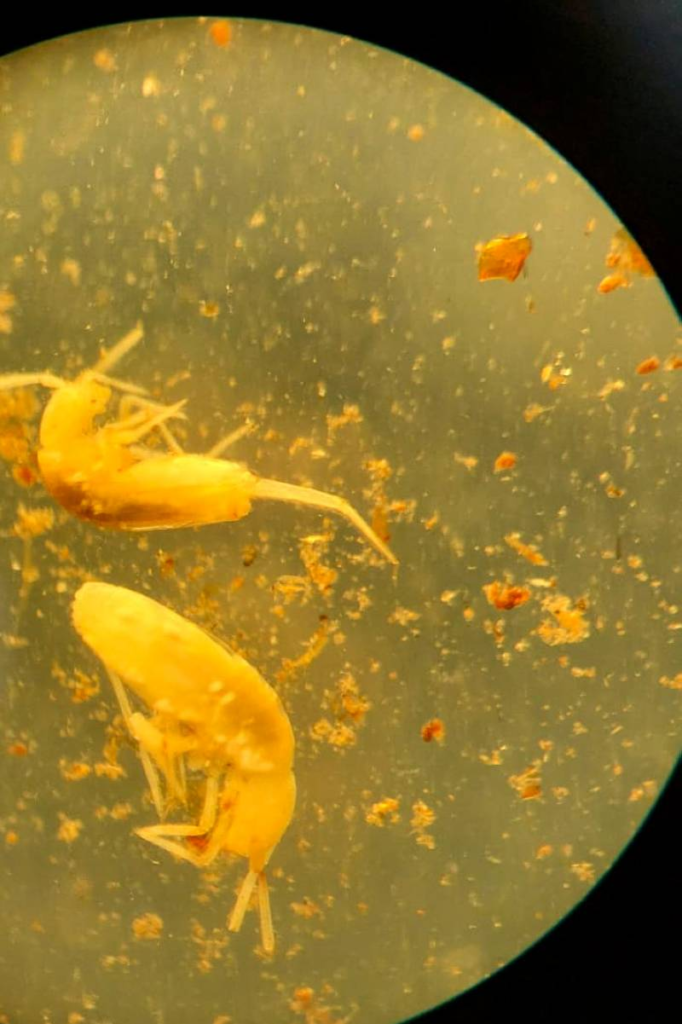
Reproduction Pará Agency



